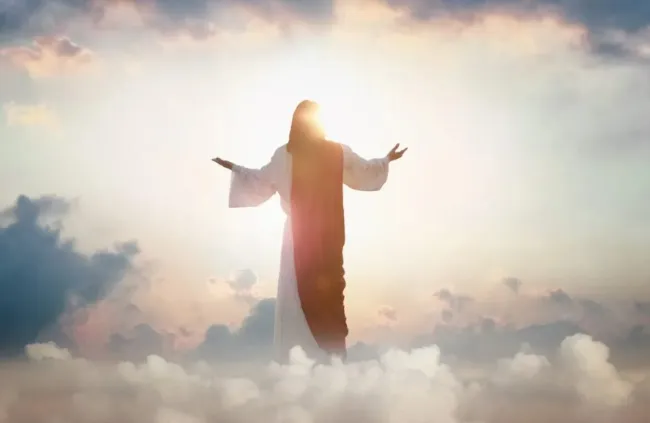Why Did People Think the Rapture Was Happening Today? Unpacking the 2025 End Times Prophecy
In a world obsessed with doomsday predictions, the idea of the Rapture happening on September 24, 2025, captured global attention. A South African pastor's bold claim about Jesus revealing the exact date sparked panic, preparations, and plenty of online mockery. If you're wondering why so many believed the end times were here, this guide breaks it down—from the prophecy's origins to its viral spread and psychological appeal. Let's explore the Rapture 2025 hype and what it means for believers today.
The Roots of the Rapture Prophecy: A South African Pastor's Divine Vision
At the center of this storm is Joshua Mhlakela, a pastor from South Africa who claimed a personal revelation from Jesus. After days of prayer and fasting, Mhlakela said he received a vision pinpointing September 23 or 24, 2025, as the day of the Rapture—the biblical event where believers are taken to heaven before the end times.
He linked this date to Rosh Hashanah, the Jewish New Year, which often aligns with themes of divine judgment in Christian prophecy circles. Mhlakela shared his message through videos, urging people to repent and get ready. His confidence turned a niche belief into a widespread discussion, drawing in those searching for signs of the apocalypse.
How the Prophecy Went Viral: Social Media Fuels the End Times Frenzy
Social media platforms like TikTok and X (formerly Twitter) amplified the Rapture 2025 prediction overnight. Hashtags such as #Rapture2025, #EndTimesProphecy, and #September24Rapture trended, with users posting reactions, countdowns, and debates.
News of believers selling possessions, quitting jobs, and gathering for the event spread quickly. Viral videos and posts created a buzz, blending genuine fear with humorous memes. Even mainstream news outlets covered the story, asking if the world could end this week. This mix of excitement and skepticism kept the conversation alive, making the prophecy a hot topic in end times discussions.
Psychological and Cultural Reasons Behind Believing in Rapture Predictions
Why do Rapture prophecies like this gain traction? History is full of similar claims, from ancient doomsdays to modern Y2K scares. For many, it's about finding hope in chaotic times—wars, disasters, and uncertainty make people crave divine intervention.
Biblical verses about the "trumpet call" and sudden return of Christ fuel these beliefs, especially when tied to holidays like Rosh Hashanah. Social media algorithms push confirming content, creating echo chambers where doubts fade. Some see it as an escape from daily struggles, while others view current events as "signs" aligning with scripture.
Critics, however, point to Bible passages stating no one knows the exact day or hour. This leads to quick dismissals and ridicule, turning the prophecy into a punchline for skeptics.
What Happens Next? Lessons from Failed End Times Predictions
As September 24, 2025, passes without incident, the world keeps turning. No widespread vanishings or apocalyptic events—just another day. Past Rapture dates have come and gone, often explained away as misinterpretations or spiritual metaphors.
For believers, this might prompt reflection or renewed faith. For others, it's a reminder to approach prophecies cautiously. The real takeaway? Live with purpose today, rather than fixating on uncertain tomorrows. Whether you're intrigued by end times theories or skeptical of Rapture 2025 claims, these events highlight humanity's enduring fascination with the unknown.
If you've followed the Joshua Mhlakela prophecy or have thoughts on Rapture predictions, share in the comments below. Stay informed on more end times news and apocalyptic trends—subscribe for updates!
